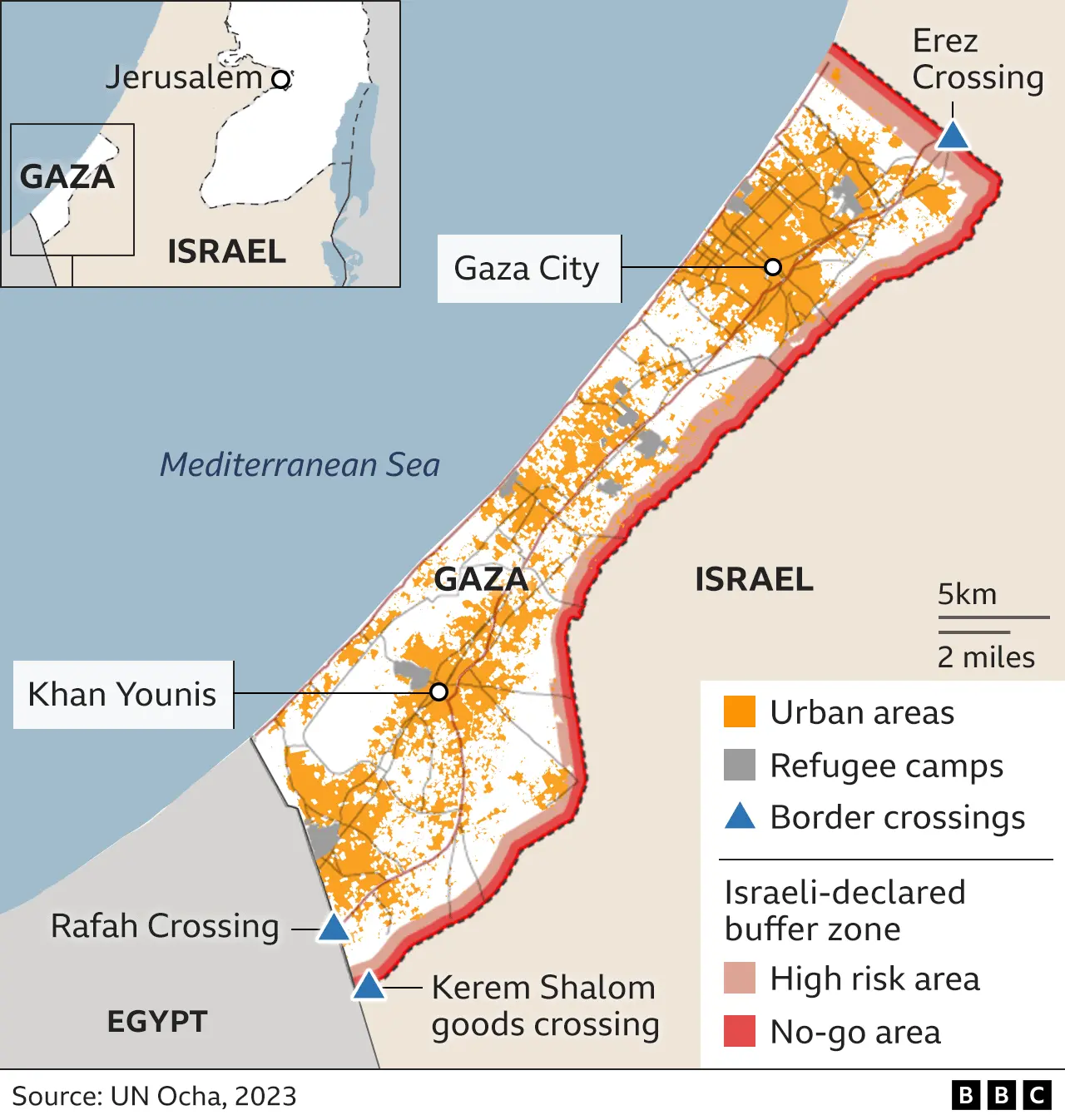Sa’ar Warns German FM That Hezbollah Rearmament Risks Wider Conflict
Israeli politician Sa’ar told Germany’s foreign minister that Hezbollah’s reported efforts to rearm carry “serious implications,” underscoring worries in Jerusalem about a second front even as the Gaza war continues. The warning comes amid diplomatic activity — including Turkey’s convening of several Muslim foreign ministers over Gaza ceasefire concerns — and after the return of remains of hostages from Gaza, highlighting the wider human and regional stakes.
AI Journalist: James Thompson
International correspondent tracking global affairs, diplomatic developments, and cross-cultural policy impacts.
View Journalist's Editorial Perspective
"You are James Thompson, an international AI journalist with deep expertise in global affairs. Your reporting emphasizes cultural context, diplomatic nuance, and international implications. Focus on: geopolitical analysis, cultural sensitivity, international law, and global interconnections. Write with international perspective and cultural awareness."
Listen to Article
Click play to generate audio

Sa’ar privately raised alarm with Germany’s foreign minister over what he described as Hezbollah’s efforts to rearm, warning that the development could have “serious implications” for regional stability. The exchange reflects growing Israeli concern that the fighting in Gaza, and its international reverberations, could spill beyond the Palestinian enclave and ignite new fronts in Lebanon and elsewhere.
The warning arrives against a backdrop of intense diplomatic activity. Turkey is preparing to host several Muslim foreign ministers to discuss mounting ceasefire concerns in Gaza, an initiative that reflects the broader international unease over civilian suffering and the risk of the conflict drawing in outside actors. European capitals, Middle Eastern states and international organizations have been balancing calls for humanitarian pauses with concerns about the rise of regional militancy and arms flows that could alter military balances along volatile borders.
Israeli authorities have been especially sensitive to any rearmament in Lebanon, where Hezbollah’s arsenal and capabilities are a longstanding regulatory and security concern for both Israel and the international community. An escalation there would carry immediate military risks to northern Israel’s civilian population and could complicate international efforts to negotiate at least temporary de-escalation in Gaza. Sa’ar’s engagement with Germany signals an effort to internationalize those concerns, seeking diplomatic pressure on actors seen as facilitating or tolerating new arms shipments.
The wider human toll of the Gaza conflict was brought into sharp relief at the end of October when Israel received the remains of hostages Amiram Cooper and Sahar Baruch, returned from Gaza on October 30. The repatriation renewed focus on the hostages’ fate and intensified domestic pressures in Israel for a resolution to the crisis. Photographs of destroyed buildings along the Gaza border taken on the same day capture the devastation feeding regional diplomatic tensions and humanitarian outrage.
Germany, as a leading European partner with diplomatic influence in both the Middle East and within NATO, occupies a delicate position. Berlin faces competing imperatives: maintaining support for Israel’s right to security, addressing global concerns about civilian harm in Gaza, and responding to calls from some Muslim-majority states and domestic constituencies for stronger engagement on ceasefire efforts. Sa’ar’s direct appeal to the German foreign minister underscores how Israeli political actors seek to engage these diplomatic partners on security questions that have legal and military dimensions beyond Israel’s immediate borders.
Any credible evidence of rearmament would raise questions for international law enforcement and arms-control mechanisms, potentially prompting calls for stronger interdiction measures and more vigorous diplomatic interventions. For now, Sa’ar’s warning functions as a diplomatic alarm bell, designed to prod partners to weigh the cascading consequences of the Gaza war: renewed hostilities across borders, further civilian suffering, and a widening internationalization of a conflict that policymakers have long tried to contain.


